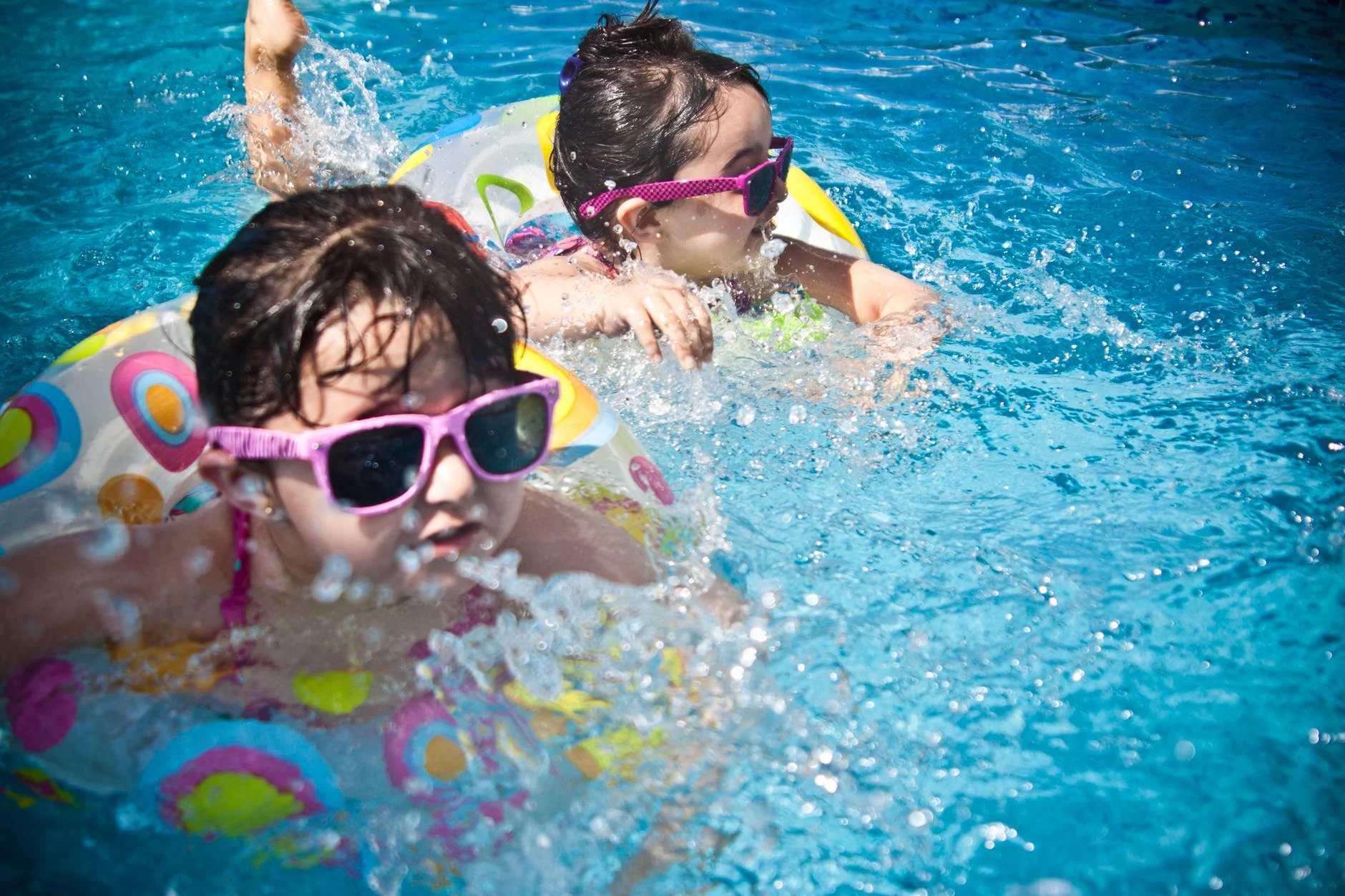By Dolapo Balogun MA, BS
Carbs, carbs, carbs.
Let’s just nip this one in the bud, shall we?
Carbohydrates are the most efficient (and preferred) source of fuel for the body and athletic performance. This is because the energy from carbs, which is called glucose, is released into our muscles at a super fast rate!
How does our body use carbs during exercise?
The way carbs function can be easily described is like this: you wouldn’t put crummy gas into your car and expect it to run smoothly, would you? Then how can you expect your body to do the same if you rely mainly on candy and soda to get your carbs? Carbs are the fuel that makes your engine run smoothly. You can find *quality* carbohydrates in fruits and veggies, whole grain breads and cereals, oatmeal, and dairy.
Carbs have gotten a terrible rep over the years, but it’s time to bust some myths. This week we will break down scientifically why carbs are the main choice of energy that your body prefers and where to find it on a budget!
One last thing … yes, you CAN enjoy pasta and bread - just wanted to get that one out of the way!
Who’s ready for the Spark Notes version on carbs? Quality carbohydrates are what your body needs and thrives on.
Carbohydrates are actually a vital part of a person's diet. It is recommended that the average adult consumes 45%-65% of carbohydrates daily and there are 4 calories in 1 gram. Carbohydrates are the body’s main source of energy, and as an athlete you N E E D to eat carbs in order to have the endurance you need to get through a practice, race, or game. Every athlete needs it to perform adequately.
When you eat carbs, it is broken down into glucose and transported to your cells to be used for energy. Our body also converts and stores the carbs we eat into our muscles and at this point, it is called glycogen (it’s stored in our muscles and liver). Think of it as money in the bank to use later. Glycogen is there and ready to help power you through your workouts! Carbohydrates also help to delay fatigue by allowing you to perform at a high level for a longer time. Your brain and central nervous system also use carbs for energy, allowing you to make quick decisions on the court and field.
What carbs are best for athletes?
Now that we understand why we need carbohydrates, we can talk about where to find them! You can find *quality* carbohydrates in fruits and veggies, whole grain breads and cereals, pasta, oatmeal, and dairy!
Incorporating them into your diet is fairly simple. In terms of budget here are a few tips:
Buy frozen! Frozen fruits and vegetables are often cheaper and sometimes higher in nutritional value as they are picked and packed at peak ripeness. This also goes for canned food, too! Just be aware of added sugars in syrups.
Seasons matter! The seasons often determine the price of fresh fruits and vegetables. To save money, shop in season. For example, strawberries and avocados are cheapest in the summer vs the winter months.
Storage makes a difference! How you store your foods can determine how long they last. It’s annoying having to throw out perishable items before you have the chance to eat them. Google or Youtube how to properly store food so that you are not throwing away money - literally!
Getting the picture? Carbohydrates are nothing to be scared of, as we need them to thrive! Got any more questions? Drop us a message!
Dolapo Balogun was a Division I basketball player at the University of San Francisco and is currently a dietetic intern at UC San Diego Health. She aspires to be a registered dietitian that focuses practices in sports nutrition and become an advocate for cultural awareness and diversity within the field of dietetics








